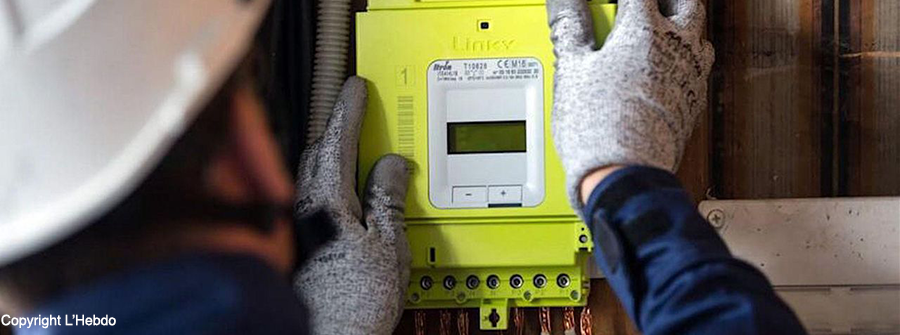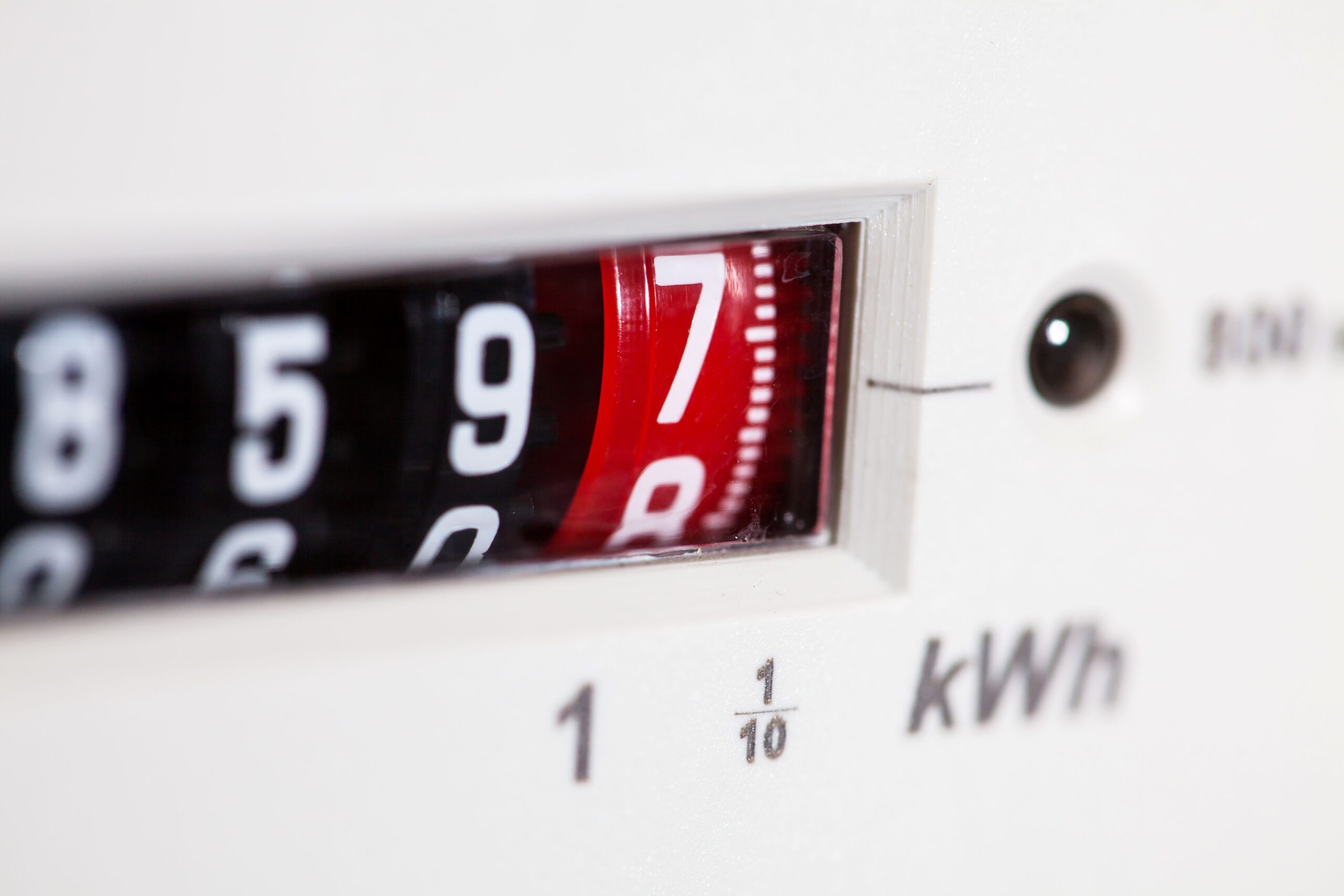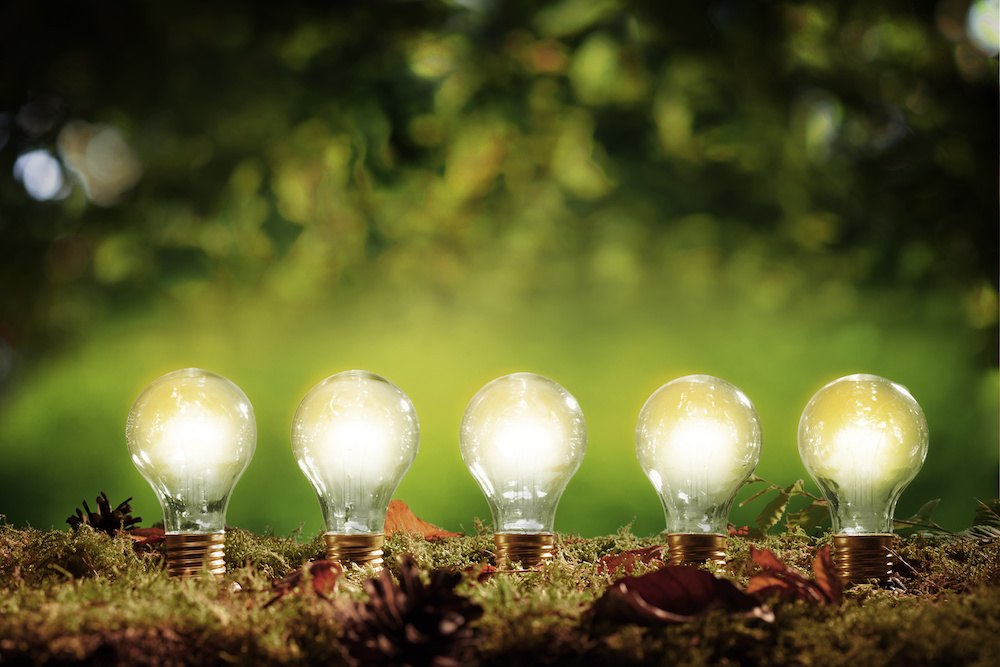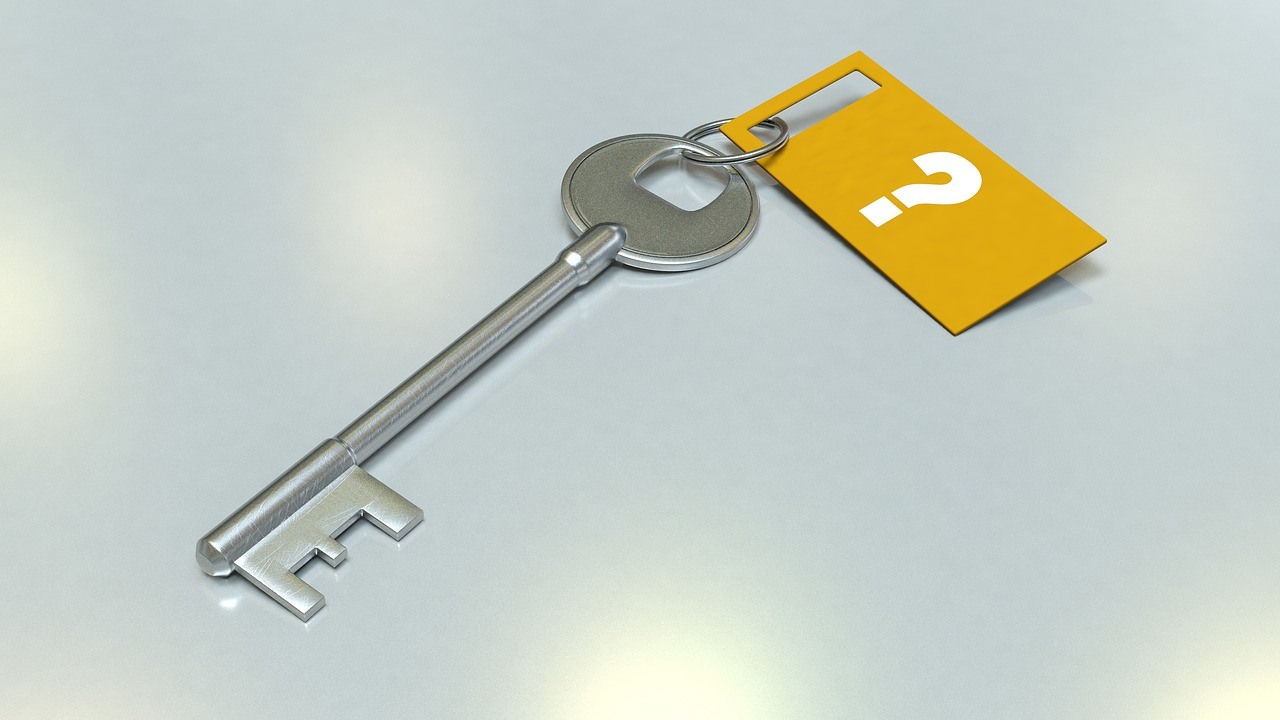
What should I expect from a smart meter?
Smart meters are a subject of much debate. While some people praise them for their accuracy and automated functions (such as meter readings), others are worried about their potential dangers (electrosensitivity, privacy, etc.). We look at the issue in order to demystify this little box that arouses so much controversy.
In July 2018, the Walloon and Brussels Parliaments voted in favor of installing smart meters – also known as communicating meters. Flanders came on board a year later. In this way, the three regions have responded to a European directive aimed at extending the adoption of these meters throughout the Union.
However, in comparison to other European countries such as Italy, the Belgian regions took this step relatively late. Italy, which is a pioneer in this field, installed its first smart meters in 2001. So it was time for Belgium to catch up!
Now, Belgian consumers will no longer have the choice. Smart meters will gradually be making their way into our homes between 2023 and 2030. A smart meter will be installed automatically if a meter is replaced or a new connection is made.
But, first and foremost, what is a smart meter? How do these devices work? Who is affected by their installation? What are their advantages and disadvantages? And, finally, what is the situation today, a year after the decision was taken?
Do you own a business with an energy consumption of more than 100,000 kWh?
Is your business paying too much for energy? Whether you run a small business or a large company, energy costs can eat into your profits. By comparing energy providers, you could lower your rates and save thousands each year.
What is a smart, or dual-flow, meter and how does it work?
A smart meter is an electricity meter capable of sending and receiving data remotely at regular intervals. In practice, this mainly involves sending your energy consumption readings automatically. Using smart technology, this type of meter is designed to improve the management of the gas and electricity consumption flows on the network.
In terms of technology, there are two types. Some units (such as the ““Linky” meter developed in France by Enedis) work by propagating waves via the electricity network (CPL). Others communicate using the mobile telephone network (GPRS technology).
In Belgium, thousands of businesses have already had them installed. In addition, several hundred connected models have already been fitted in residential homes as part of pilot projects.
How much does a smart meter cost?
The cost of buying and installing a smart meter is 155 euro excluding VAT. However, incentives are available until the end of 2023, following the entry into force of the prosumer rate (see below).
How long till a widespread rollout?
For the time being, the DNOs are installing smart meters only when they need to replace an old meter or where a customer specifically requests one.
A mass rollout at the national level for all customers of the low-voltage grid is only a matter of time. To that end, 2023 has been chosen as the deadline to enable Atrias (the collaboration platform responsible for improving data exchanges on the Belgian energy market) to become fully operational.
Discover all the energy suppliers promotions!
Compare electricity and gas prices and switch supplier for free in just a few clicks on Energyprice.be.
For now, the distribution network operators (DNOs) still need to determine once and for all the best technology to adopt. Sibelga, the DNO in Brussels, has decided to test the “Smart Ready” unit for new builds. However, it is not anticipating mass adoption just yet. As for RESA and ORES, the main DNOs in Wallonia, it was a case of opting for the “Linky” unit initially (and so using the electricity network). However, these two organizations do not necessarily favor this option and are reassessing the benefits of using the telephone network.
Who is affected by the installation of connected electricity meters?
Initially, a widespread rollout was planned for all users of the network. However, the decision taken in summer 2018 favored a more cautious adoption. As a result, only 80% of “large” Belgian consumers (with an annual energy consumption of at least 6,000 kWh) and individuals who produce their own energy and feed electricity into the grid (so-called “prosumers”) will have their traditional electricity meter replaced as a priority. In practice, it is photovoltaic panel owners who will be mainly affected. It should be noted that the measure will also apply to individuals who have a charging point for their electric vehicle.
For residential customers who are unable to pay their bills, the smart meter will now replace the budget meter; production of budget meters has already stopped in Wallonia. Lastly, anyone who wants a smart meter will be able to request one.
Consumers cannot refuse to have the meter installed in their home, but those who wish to do so will be able to deactivate the meter’s communicating functions. In any event, any installation or deactivation work will be supervised by an approved technician.
What are the advantages and disadvantages of the smart meter?
Although smart meters offer a number of advantages, such as:
- Remote meter readings;
- Billing based on the amount of energy actually consumed;
- Simpler prepayment with the disappearance of top-up cards
- Faster and automatic detection of faults;
- The possibility of organizing your consumption based on market prices (and, possibly, inviting you to switch energy supplier);
- A more accurate picture of your consumption data, which is particularly useful when you move house.
Which energy supplier suits you best? Find it out with a simulation!
… They also have their share of disadvantages:
- According to several studies, the electromagnetic waves generated by the meters have a negative impact on health. This is what is known as electrosensitivity. The government has stated that a special exemption can be granted to anyone who requests one if they are unable to tolerate electromagnetic waves.
- For many people, the collection and transfer of data (who is consuming what at what time of the day) and the commercial use of such data raise privacy concerns. However, consumers will be able to choose whether to grant their supplier or DNO access to their consumption data.
- Remote disconnection of the electricity supply, which is made possible by smart meters, threatens to exacerbate the already precarious situation of households that are unable to pay their bills.
Justified misgivings?
Linky, unpopular in France
Despite the resources implemented, uptake of the “Linky” meter has been low in France. The reason most commonly given is the possible danger from the emitted waves. However, research shows that the waves generated by the “Linky” are harmless. Other French consumers also complain about their billing; since having a smart meter, their bills are apparently higher for a similar consumption. Finally, the issue of privacy is also very controversial. So the debate rages on in France.
In Belgium, discussions involve the prosumer rate for owners of photovoltaic panels
In Belgium, the dissenting voices are less hostile but are still critical of smart meters. In our flat country, it is not so much the electrosensitivity that is the main talking point, but rather the prosumer situation.
Smart meters are consistent with the “prosumer rate”, which is strongly criticized by owners of photovoltaic panels. This rate was applicable in Flanders from 2014 to 2021, whereas, in Wallonia, it eventually came into force only in October 2020.
As a reminder: the prosumer rate is a contribution that prosumers have to pay for using the distribution network.
The end of the meter that runs backwards
Prior to this, prosumers were able to benefit from a system in which the meter ran backward. In other words, the system allowed them to offset the energy they drew from the electricity distribution network with the energy they fed into the network via their panels. In this way, they were able to reduce their annual electricity bill.
A smart meter (often described as a dual-flow meter for this particular situation) quantifies the energy actually drawn from and fed into the network, which means that an accurate charge can be billed. This helps to explain why these new meters are unpopular.
Wallonia: compensation for the first two years
The prosumer rate has been particularly complicated to implement in Wallonia. After a number of political twists and turns, it finally came into force on 1 October 2020 (in other words a delay of 10 months). However, the prosumers are not entirely disadvantaged. The Walloon Government even managed to obtain some compensatory measures in order to reduce the effect of the rate on the wallets of electricity producer-consumers. In addition to 100% compensation in 2020 and 2021, they will also be able to benefit from the free installation of a smart dual-flow meter until 2023 (within the limit of the available budget). To obtain this benefit, however, they must request it themselves from their DNO before 31 December 2023.
An essential energy transition tool but a topic of debate
It is 10 years since the European Commission urged Member States to roll out smart meters across their territory.
Although, in 2012, the cost-benefit analysis proved negative, an updated study (carried out by the CWaPE) found that the rollout of smart meters had become essential due to the discontinuation of traditional meter production and the urgent need to meet future energy transition challenges.
“In 2012, the network operators concluded that the mass rollout of smart meters was not justified. Economically, it did not seem profitable and generated very few savings. But, today, the feeling is that these meters must be installed, slowly or more quickly depending on the situation”, explained Pascal Misselyn, coordinator at Brugel, when the smart meter rollout decision was adopted.
The CWaPE study relied on by the ministry envisaged the retention of budget meters and a rollout over 30 years. In its view, these two factors are key in achieving zero cost. However, the production of budget meters has already ceased in Wallonia and the scenario used by the government allows for a rollout over 15 years.
So, for its detractors, although the sectoral lobbies will benefit greatly from the planned mass rollout of smart meters, it is the Walloon consumers and taxpayers who may, ultimately, foot the bill.
Conclusion: an essential meter for managing our consumption in the future?
So it’s up to consumers to be proactive by taking advantage of a now inevitable change. In fact, although smart meters can offer a range of disadvantages, they may also help us achieve energy savings in real terms. How? Simply by allowing you to optimize your electricity consumption during the network’s off-peak hours. With more interconnecting data on energy production and consumption, it is possible to make renewable energy installations more profitable. But, in the meantime, there are still some legitimate customer concerns, and the DNOs will have to find solutions to ensure a smooth rollout.
Contact one of our advisers
Summary
- What is a smart, or dual-flow, meter and how does it work?
- How much does a smart meter cost?
- How long till a widespread rollout?
- Who is affected by the installation of connected electricity meters?
- What are the advantages and disadvantages of the smart meter?
- Justified misgivings?
- An essential energy transition tool but a topic of debate
- Conclusion: an essential meter for managing our consumption in the future?
Also read on our blog

Reading your electricity meter enables you to find out your energy consumption in kilowatt-hours by subtracting last year’s …

Everyone wants to enjoy the “best energy deal”, have the cheapest gas and electricity supplier, and save as much as possible on th…

The news broke on 30 September: in view of the unprecedented rise in energy prices, some suppliers have decided to temporarily wit…

In the world of energy, the EAN code is a valuable piece of data. Without it, consumers cannot subscribe to a deal. But why, exact…

